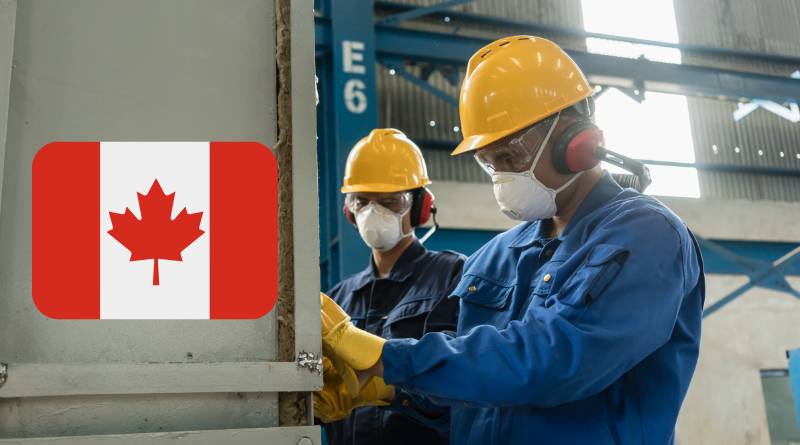What are the blue-collar jobs?
Blue-collar jobs are manual labor jobs that typically require no higher education. They are often considered “harder” or more dangerous work, and typically pay less than white-collar jobs.
# Blue collar jobs vs white-collar jobs
The main difference between blue-collar jobs and white-collar jobs is the level of education required. White-collar jobs generally require a college degree, while blue-collar jobs often do not. This distinction can be blurry, however, as many blue-collar jobs now require some form of post-secondary education.
# What are blue-collar jobs in Canada?
Some common blue-collar jobs in Canada include construction workers, electric
Blue-collar jobs in Canada refer to the manual, skilled and unskilled occupations.
The salary of blue-collar jobs can vary depending on the years of training and certifications required as well as the location where one is working. For example, an apprentice welder earns $32,000 per year while a master welder may earn $72,000 annually. In general, the following are some of the blue-collar jobs in Canada and their average salary:
In Canada, a majority of blue-collar workers work in manufacturing industries. The following are the top five occupations with their corresponding salaries:
• Welders and related machine operators ($32,000)
• Heavy equipment mechanics ($43,000)
• Construction trades ($36,000)
• Automotive service technicians and mechanics ($41,000)
• Electricians ($45,100)
Other jobs that are considered blue-collar in Canada are gas station attendant, bank teller, taxi driver, truck driver, etc. Collectively these occupations are called primary sector jobs because they have an immediate effect on economic activities.
Most blue-collar jobs require a high school diploma and technical training. One can obtain this education via apprenticeship programs, vocational schools, or community colleges. Also, some employers offer tuition assistance to their employees. For example, apprentices get paid less than journeyman workers while they are learning the trade but their hourly wage rates increase as they advance in their training.
One should also keep in mind that some employers prefer to hire workers with a high school diploma while some may not require any degree at all. Thus, a high school graduate who wants to work in construction can get started right away after receiving safety training and certification (e.g., CPR).
Blue-collar jobs are an important part of the Canadian economy and they provide a decent salary for those who are willing to work hard. With the right education and training, anyone can find a job in this field. So if you’re looking for a stable and rewarding career, blue-collar jobs may be just what you’re looking for.
# Blue collar highest paid jobs in Canada
The highest-paying blue-collar jobs in Canada are typically those that require the most training and experience. For example, a master welder may earn more than $72,000 per year, while an electrician can make up to $45,100. Other high-paying blue-collar jobs include pipefitters, heavy equipment operators, construction foremen, and elevator mechanics.
# What kind of blue-collar jobs are available to immigrants?
There are many opportunities for immigrants willing to work in the field of Canada’s oil sands. Many employers prefer hiring people with experience in so-called “dirty” industries. They may not necessarily require citizenship or permanent residency but applicants must have a valid work permit.
Some of the most common blue-collar jobs in Canada are:
- Welders and related machine operators
- Heavy equipment mechanics
- Construction trades
- Automotive service technicians and mechanics
- Electricians
- Gas station attendants
- Bank tellers
- Taxi drivers
- Truck
Best sources to find Blue-collar as Under:

